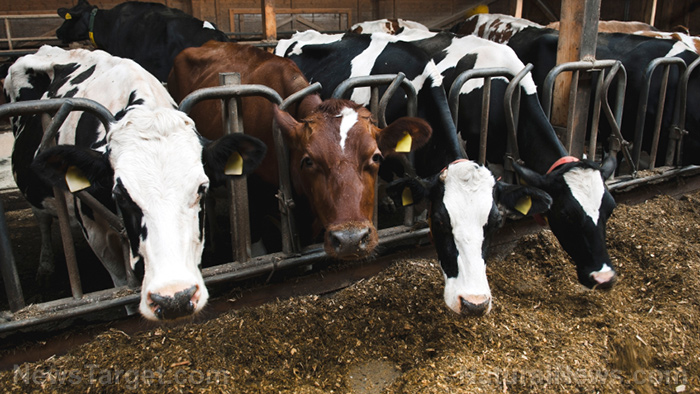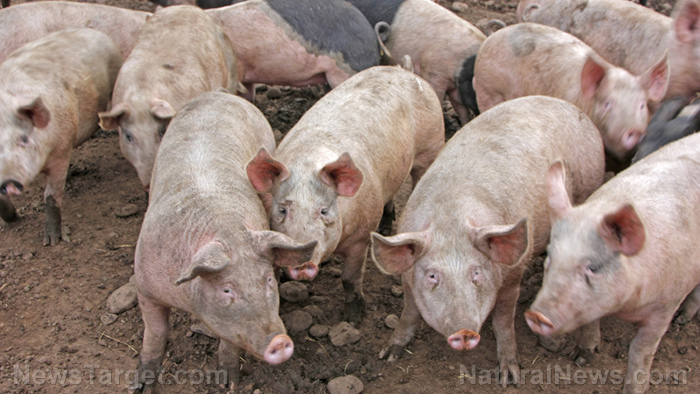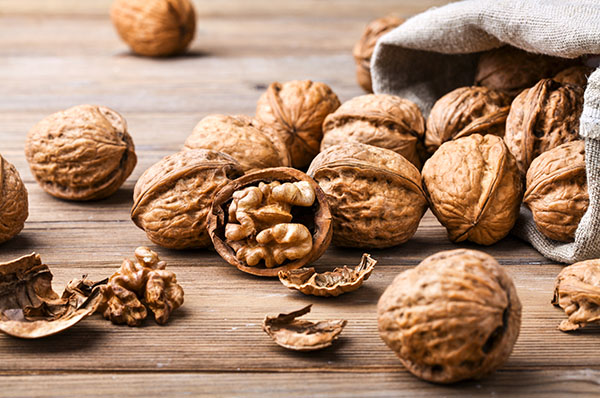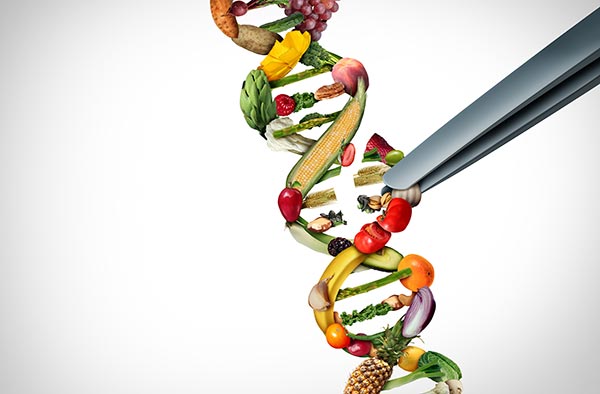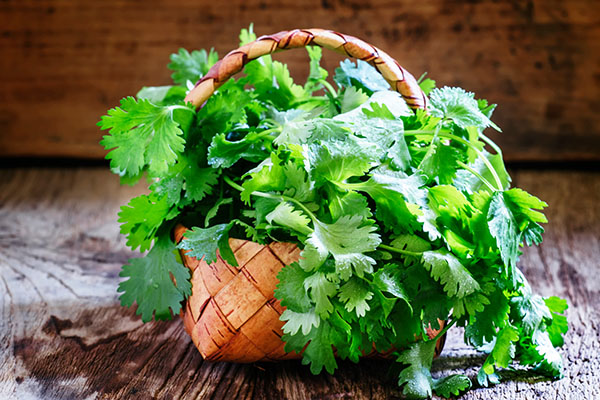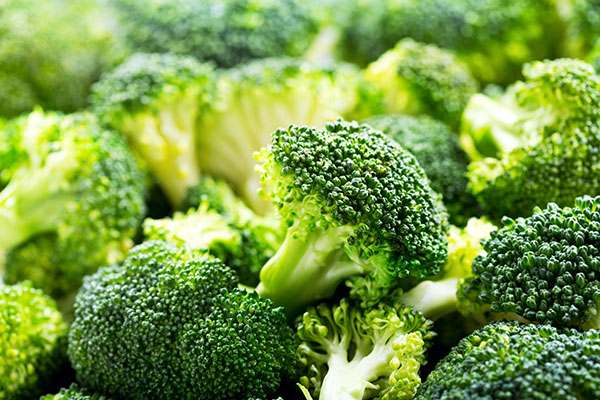FDA recalls green organic kiwifruit from 14 states due to potential LISTERIA contamination
08/15/2023 / By Ethan Huff

Certain clamshell packages of green organic kiwifruit sold by David Oppenheimer and Company are being recalled from 14 states after voluntary company testing determined that they may be contaminated with a deadly form of listeria.
After testing on the affected fruit revealed the presence of Listeria monocytogenes, a potentially deadly infection, the United States Food and Drug Administration (FDA) issued a recall, tracing the contamination back to two particular kiwi growers in New Zealand.
The recalled kiwis were repackaged locally for the U.S. market in one-pound clear plastic clamshells bearing the Zespri brand name and UPC code 8 18849 02009 3. The affected fruit also has a sticker on it featuring a GTIN bar code of 9400 9552.
According to the FDA’s recall announcement, the affected products were shipped to stores between June 14, 2023, and July 2, 2023. States that received the potentially tainted kiwifruit include Florida, Georgia, Illinois, Indiana, Kentucky, Minnesota, New York, North Carolina, Ohio, Pennsylvania, Tennessee, Texas, Virginia, and Wisconsin.
So far, nobody has reported any illnesses related to consumption of the affected products. David Oppenheimer and Company has also indicated that no other of its products are subject to the recall, so consumers need not worry.
(Related: Remember the baby formula contamination scandal? The FDA later admitted it knew about the problem months prior to issuing a recall.)
If you’re healthy and have a robust immune system, you probably need not worry
According to the FDA, a listeria infection can cause severe illness or even death, particularly in children, the elderly, and people with compromised immune systems. Healthy people exposed to listeria may suffer from short-term health problems such as high fever, nausea, stiffness, diarrhea, abdominal pain, and headaches.
Pregnant women who contract listeria could suffer a stillbirth or miscarriage, depending on how healthy or unhealthy they are. Symptoms may start to appear within just a few hours, but could take three days or up to three months after eating contaminated food to develop.
“L. monocytogenes is generally transmitted when food is harvested, processed, prepared, packed, transported or stored in environments contaminated with L. monocytogenes,” the FDA’s website explains.
“Environments can be contaminated by raw materials, water, soil, and incoming air. Pets can also spread the bacteria in the home environment if they eat food contaminated with L. monocytogenes.”
It is estimated that around 1,600 Americans develop listeriosis every year, while 260 of them die, according to data compiled by the U.S. Centers for Disease Control and Prevention (CDC).
“Listeria bacteria can survive refrigeration and even freezing,” the Mayo Clinic further explains. “So people who are at higher risk of serious infections should avoid eating the types of food most likely to contain listeria bacteria.”
Such foods include “improperly processed” deli meat and raw vegetables. The CDC also warns against drinking raw milk, but we all know the federal government has a strong bias against unpasteurized dairy products, which are safe to consume and extremely healthy when produced in a clean and sanitary environment.
At the current time, there is another recall involving ice cream sold in 19 states. The government says that Real Kosher brand Soft Serve On The Go ice cream may also be contaminated with listeria, and that it, too, must be recalled because one person in New York and another in Pennsylvania reportedly got sick after eating it.
“Our highest priority is the safety and well-being of our customers, which is why we have made the decision to recall all Soft Serve on the Go Cups,” the company said in its recall notice.
“Soft Serve on the Go Cups are manufactured at their own dedicated facility. No other products are affected by this recall.”
The latest news about this and other FDA recalls can be found at FDA.news.
Sources for this article include:
Submit a correction >>
Tagged Under:
big government, clean food watch, contamination, Dangerous, FDA, food poisoning, food safety, food science, food supply, frankenfood, fruits, grocery, infections, Kiwi, listeria, organics, products, Recall, stop eating poison, toxins
This article may contain statements that reflect the opinion of the author
RECENT NEWS & ARTICLES
COPYRIGHT © 2017 ORGANICS NEWS

